
Steffen van Heijningen
As a trained behavioral neuroscientist, I share my expertise with Noldus and in this way contribute to the scientific community. I write blogs, white papers and give talks during webinars. I live on the beautiful island of Curaçao, my home town, where I enjoy my free time on the water with my familiy and friends.
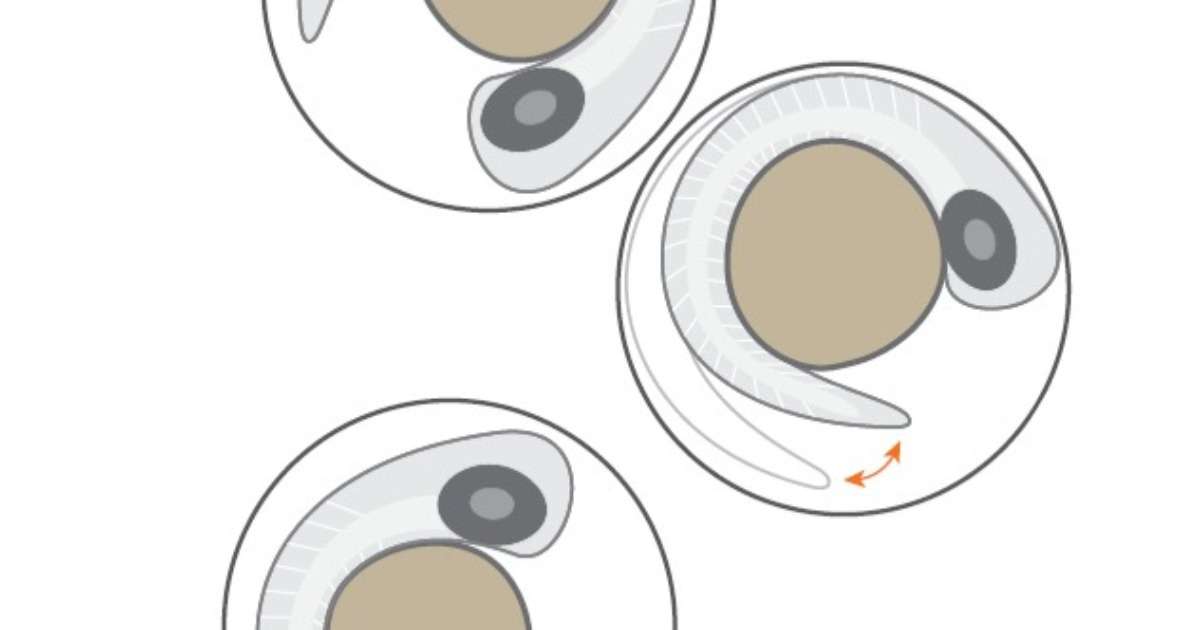
Using zebrafish as an early warning system of neurotoxic substances
How can we use a zebrafish (Danio rerio) embryo model to detect possible neurotoxic chemical mixtures that are difficult to detect with normal chemical analyses?
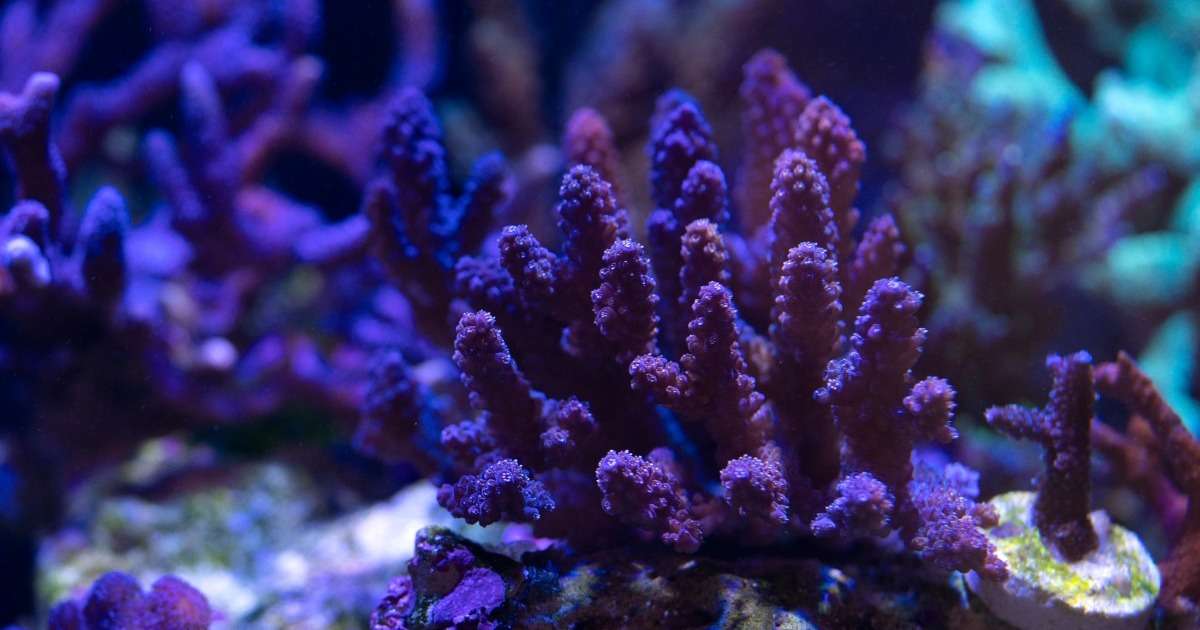
Measuring behavior of coral larvae in response to antifouling coatings
What effect do ship hull coatings have on coral viability and restoration? And how can non-toxic alternatives effect mobility behavior in coral larvae?
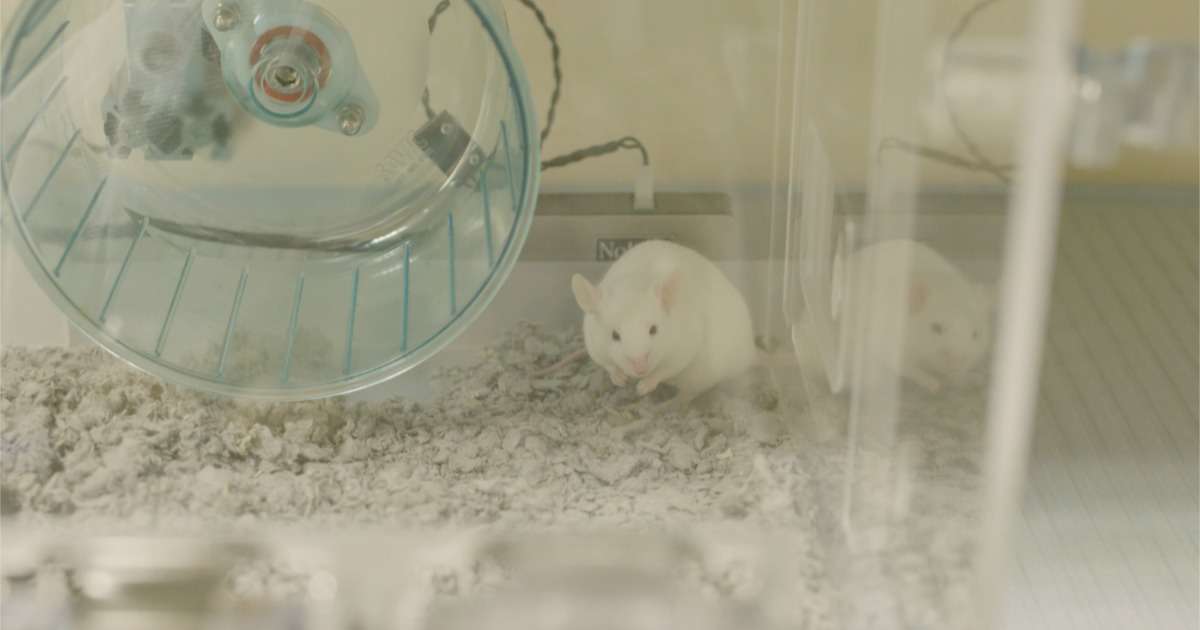
The Hypothalamus is involved in locomotion? Complex dopamine circuitry uncovered
By measuring locomotion and investigating dopaminergic neurons, complex dopamine circuitry is uncovered. How are amphetamine and our biological clock involved in this?

Does well plate size matter? A methodological study in zebrafish
The DanioVision observation chamber is a versatile research tool to study Zebrafish embryos and larvae by using well plates. Does the size of the wells in these plates affect study outcomes?

5 Animal blogs not about rats, mice or zebrafish
The scope of measuring behavior goes beyond rats, mice and (zebra)fish. As behavioral experts we love to also highlight research in animals such as mites, elephants, dolphins and shrimps.
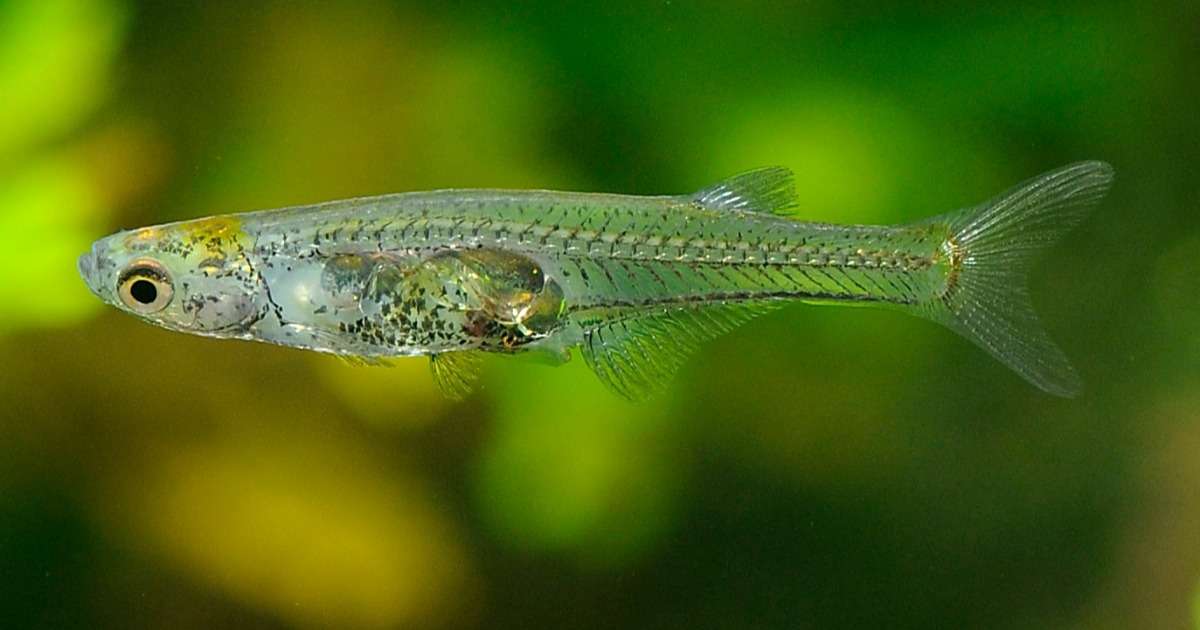
Tracking tiny transparent fish with EthoVision XT
Danionella cerebrum, a recently discovered cyprinid fish, has the smallest known vertebrate brain. What are the behavioral differences or similarities to their zebrafish relatives?
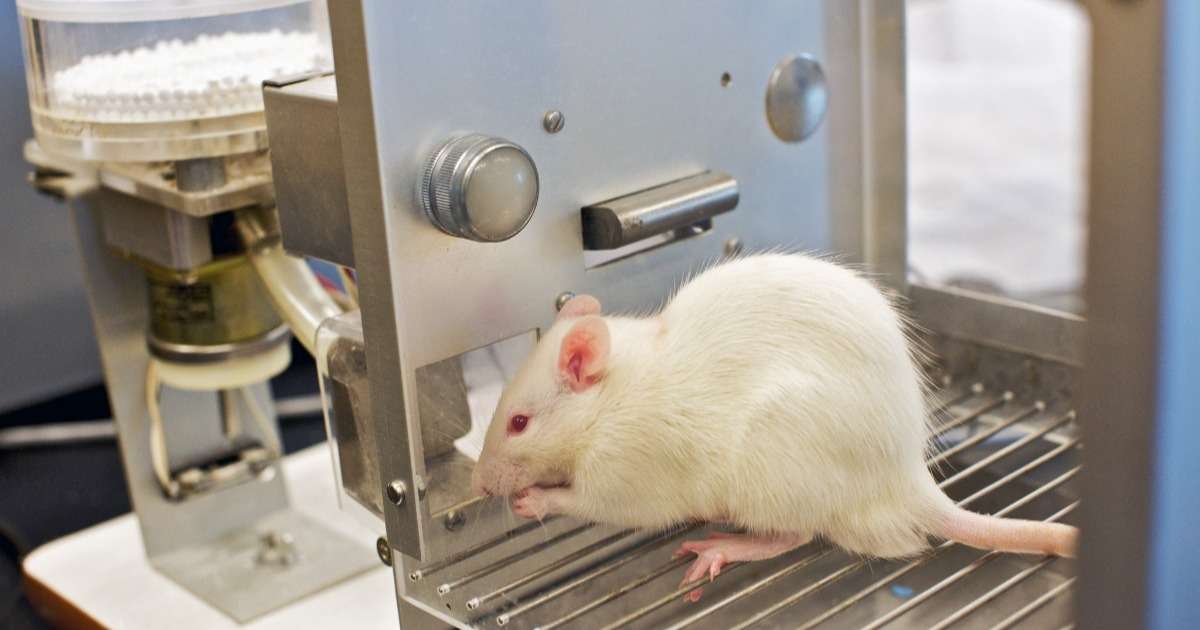
Using video tracking to study operant behavior in rodents
What is operant behavior? And how can we use software such as EthoVision XT to increase our understanding in the learning and memory processes involved in these studies?
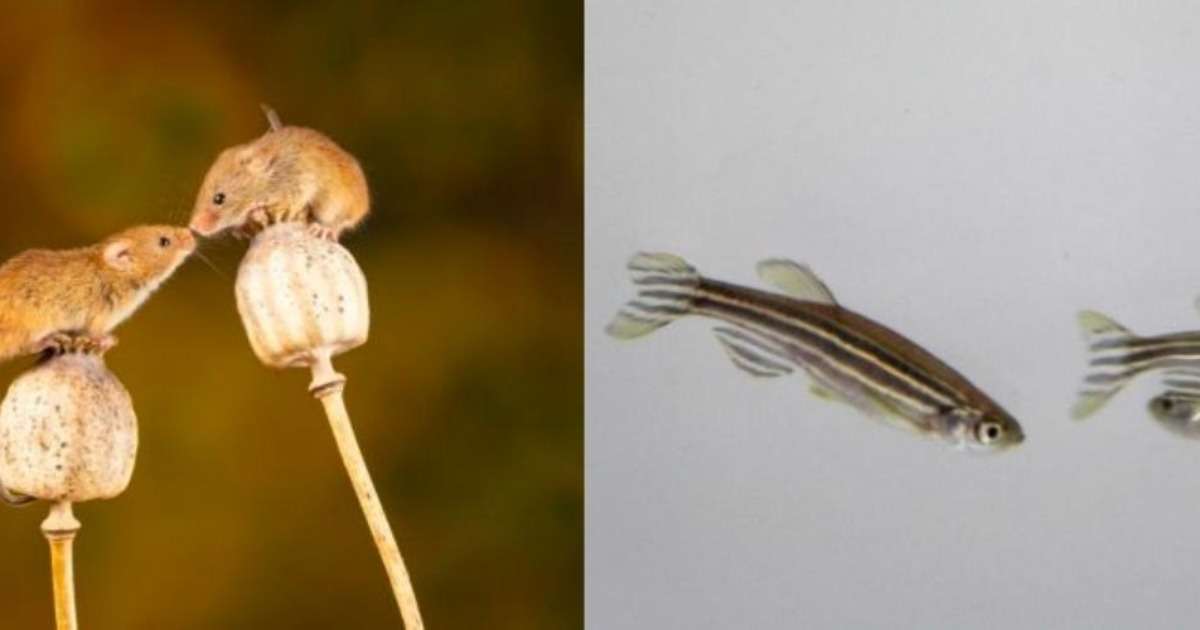
The social interaction test: effortless and dependable with EthoVision XT
What is the social interaction test? This blog dives into this topic for fish and rodents. Why is social interaction important to measure, and how do we go about doing it?
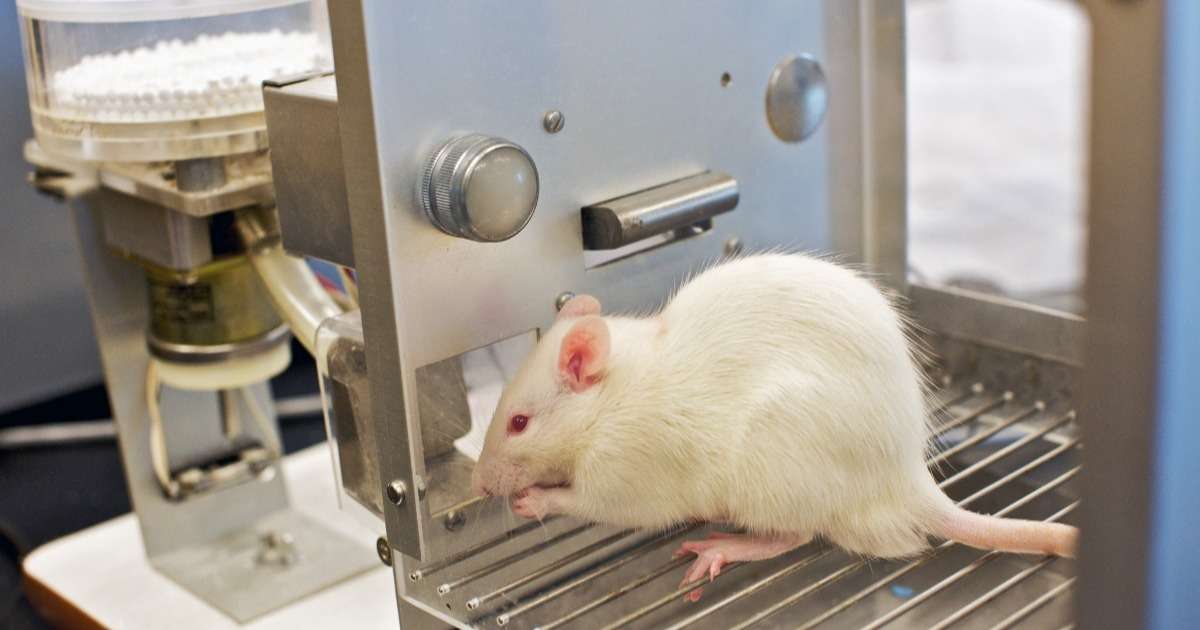
Guest blog: Having a look at operant behavior
Scientists from Idorsia Pharmaceuticals in Switzerland provide an expert view on operant behavior, and how we can improve our understanding of this complex behavior with the help of video tracking.
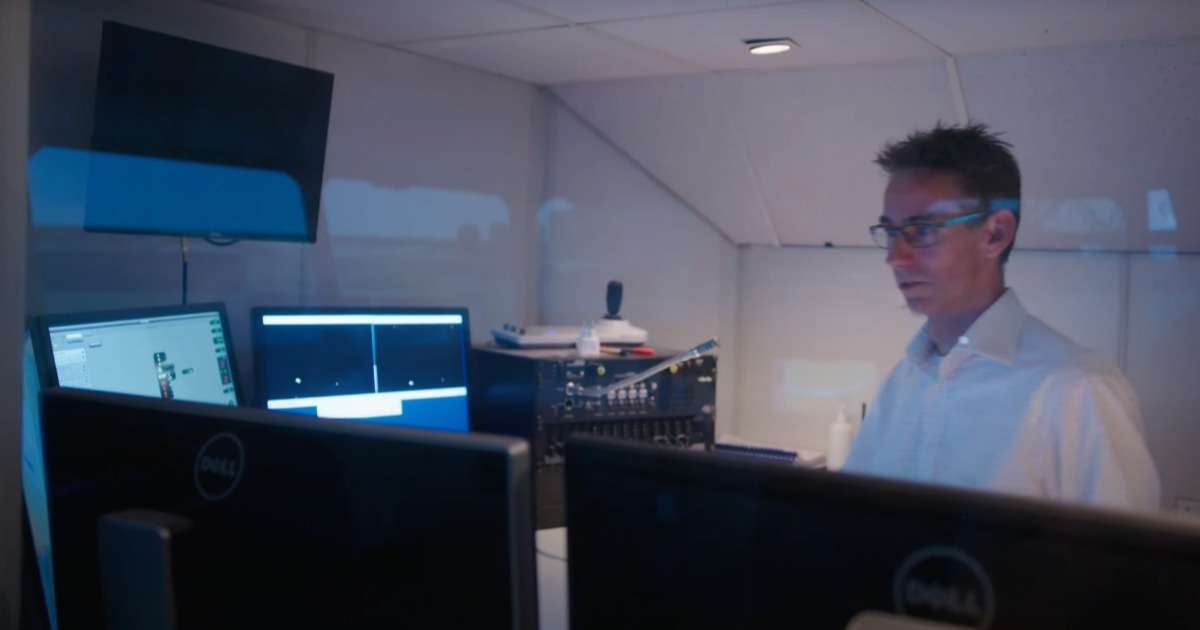
Behind the scenes at MARIN: research into human decision making
One of the world's leading maritime research institutes: MARIN, took us on a tour in their ship bridge simulator. A great customer success story that highlights the importance of human factor research.
